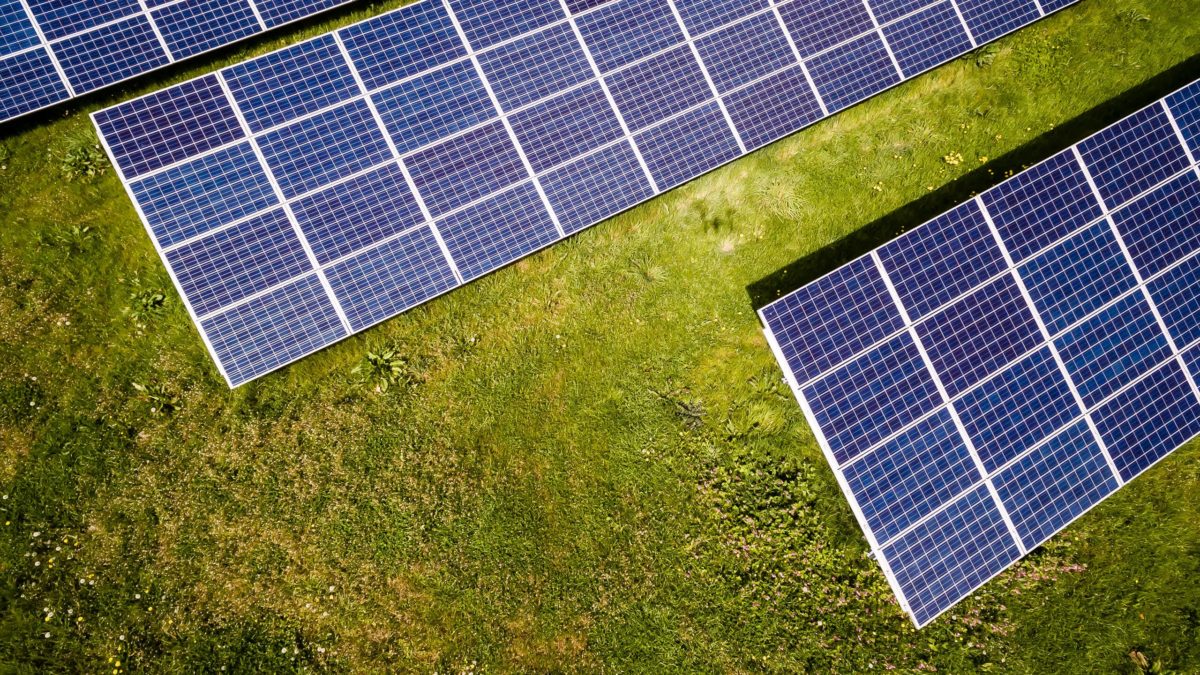The rough ride the Indian solar sector has endured during the Covid-19 crisis has been highlighted by Chinese PV panel glass maker Xinyi Solar.
The full-year figures announced by Xinyi on the Hong Kong Stock Exchange yesterday were almost entirely positive. Amid talk of booming global solar demand rebounding impressively after a pandemic-hit start to 2020; soaring solar glass prices; and world leaders in China, the EU and U.S. flying the flag for a green recovery, there was just one discordant note.
The section of the Xinyi update devoted to the volume of new solar generation capacity added worldwide last year noted: “India … has taken the biggest hit from Covid-19.”
Findings
That harsh reality echoes the recent findings of Texas-based analyst Mercom Capital Group which, in its 2020 Q4 and Annual India Solar Market Update, reported the 3.2 GW of solar added in India last year was less than half the 7.3 GW installed in a Covid-free 2019 and amounted to the worst national return for five years.
Elsewhere, however, the solar boom witnessed in the second-half of 2020–and related panel glass shortages–prompted Xinyi to almost double its dividend.
The Chinese manufacturer’s exuberant figures featured plans to accelerate new production capacity amid confident predictions the new U.S. administration would join China and the EU in leading the global solar charge.
Production
Having added 1,000-ton-per-day-melting-capacity solar glass production lines in June and August–and with all its furnaces operating around the clock throughout the year–Xinyi said it is stepping up previous plans to add a new 1,000-ton line each quarter this year. Instead, the first facility was already operating trial runs in late January, the second is expected to be online this month and the other two should be up and running by mid year, the company said.
Despite “a year of challenges and surprises,” in 2020, said Xinyi, “all signs suggest that PV installations will continue to achieve robust growth in 2021.” The update added: “The market supply of solar glass is expected to remain tight in the near term.”
On that basis, the manufacturer is laying plans for four more 1,000-ton lines in Zhangjiagang, in Jiangsu province, by 2022, with another 12 facilities potentially in the works, including in Anhui.
Glass price
The rebound in solar demand after Covid disruption in the first half of the year, plus rising demand for more-PV-glass-intensive bifacial and large-format modules, helped drive up prices in 2020 and appear set to keep supply tight, with Xinyi pointing out it typically takes 1-2 years to bring a new glass production fab to life.
At one point in 2020, solar glass supply shortages drove prices for the material up 70%, although that followed a 17% fall as project development was hampered by the pandemic in the second quarter, to set a year-on-year average price rise of 12% from 2019.
With Xinyi shipping 19.6% more solar glass than in 2019, thanks to its new production lines, the company posted record gross profits of HK$6.58 billion (INR6227 crore), up 68% from HK$3.91 billion. The HK$9.99 billion revenue generated by the glass business–up 47% from HK$6.77 billion–more than compensated for a slight fall in income from Xinyi’s solar project operation, from HK$2.33 billion to HK$2.32 billion.
The resulting profit attributable to Xinyi shareholders rose 89% from the HK$2.42 billion posted in 2019 to HK$4.56 billion, with the company noting the desire for a green recovery from Covid-19 had driven the significant government policy support “of some countries.”
This content is protected by copyright and may not be reused. If you want to cooperate with us and would like to reuse some of our content, please contact: editors@pv-magazine.com.









Me lena chahta hu